News Desk
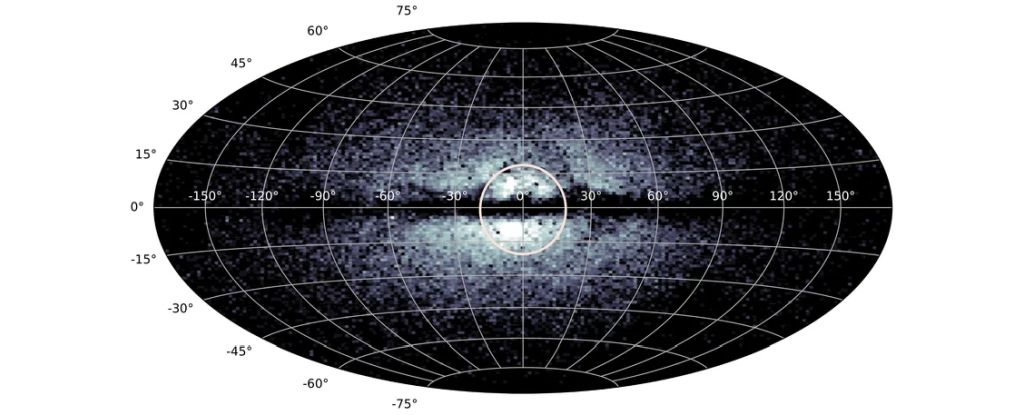
A smattering of stars scattered throughout the center of the Milky Way is the remnants of the ancient galactic core, when our galaxy was still new.

Nations have agreed to protect a third of the planet for nature by 2030 in a landmark deal aimed at safeguarding biodiversity.
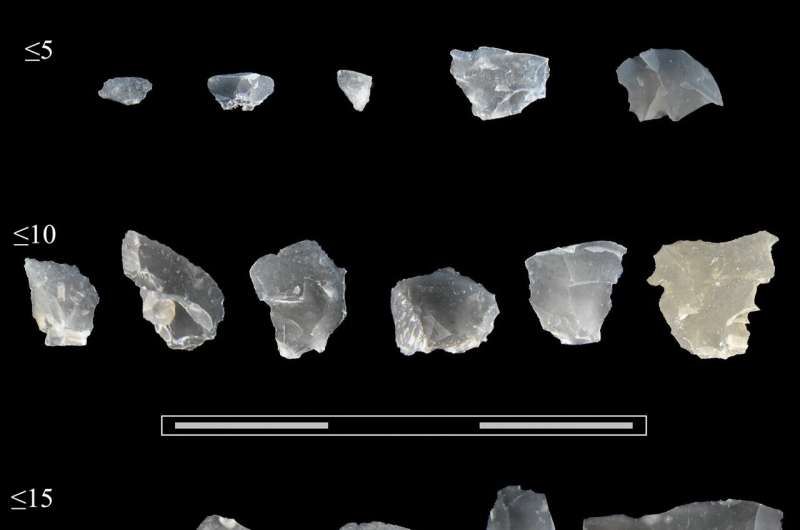
When prehistoric people re-sharpened cutting tools 300,000 years ago, they dropped tiny chips of flint—which today yield evidence of how wood was processed by early humans.

In the search for life on other planets, a couple of promising leads have just opened up: Astronomers have identified two worlds with Earth-like masses, sitting in the habitable zone around a red dwarf star called GJ 1002.
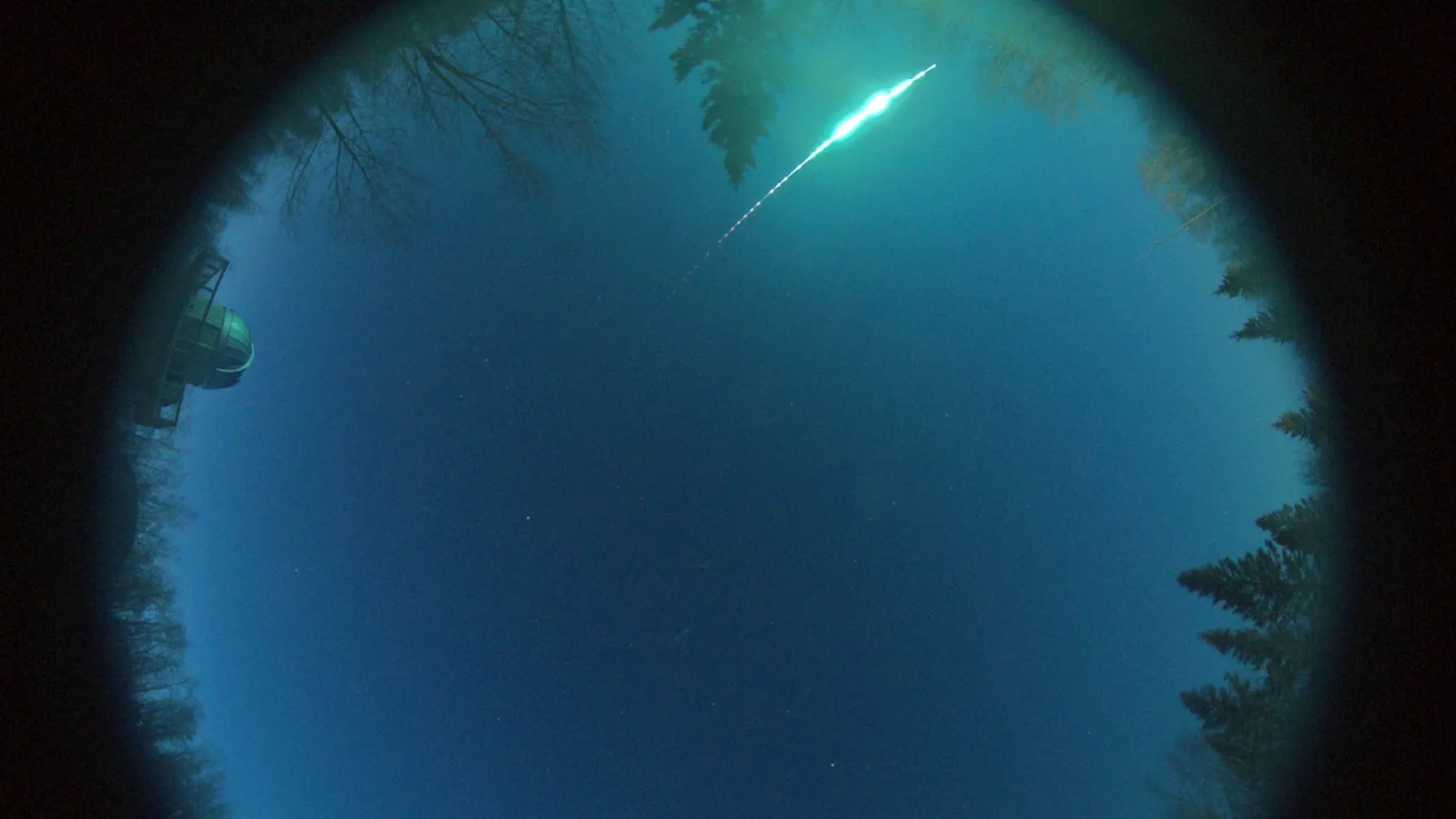
A dazzling fireball that ended its cosmic journey over central Alberta, Canada could change astronomers’ understanding of how the solar system formed 4.5 billion years ago.

Archaeologists have identified a 4000-year-old goldworking toolkit amongst the grave goods from an important Bronze Age burial near Stonehenge.
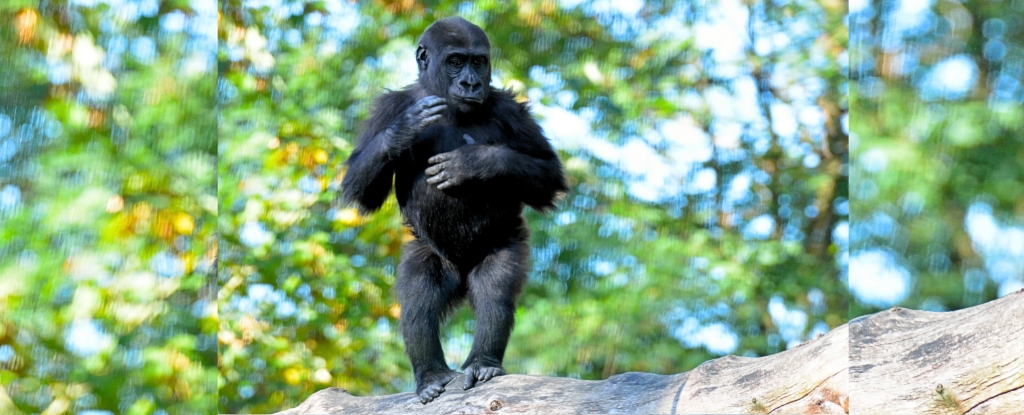
A new study exploring the behavior of wild chimpanzees suggests the evolution of bipedalism may in fact have been a strategy that first emerged while still moving about the branches of trees.

A study has taken a look at the real-life experiences of people using N,N-Dimethyltryptamine, more commonly referred to as DMT.

Female snakes have clitorises, according to the first detailed study on the subject Wednesday, in which the scientists lashed out at how little female sex organs have been researched compared to males across species.
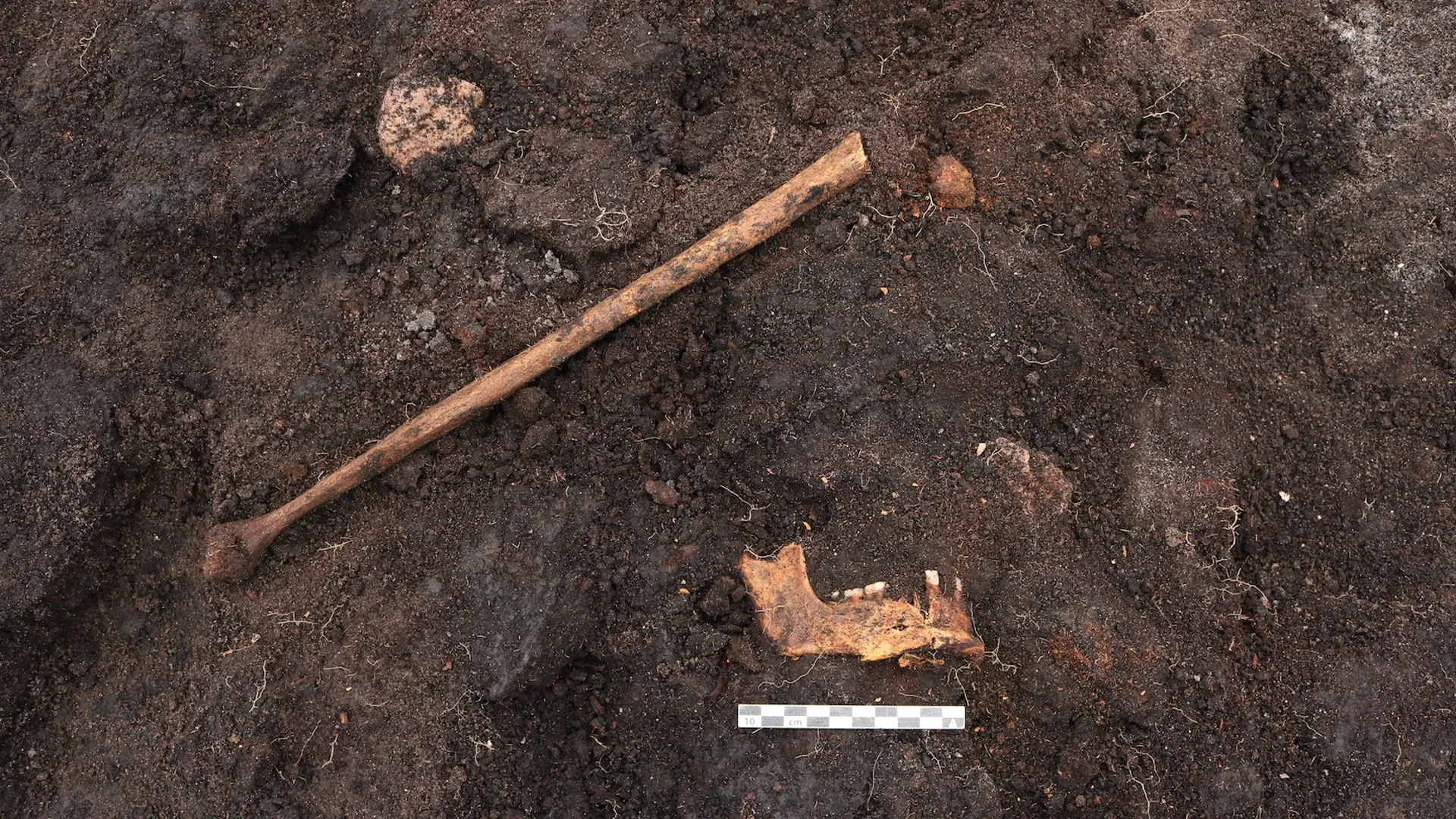
Archaeologists have discovered the ancient skeletal remains of a so-called bog body in Denmark near the remnants of a flint ax and animal bones, clues that suggest this person was ritually sacrificed more than 5,000 years ago.
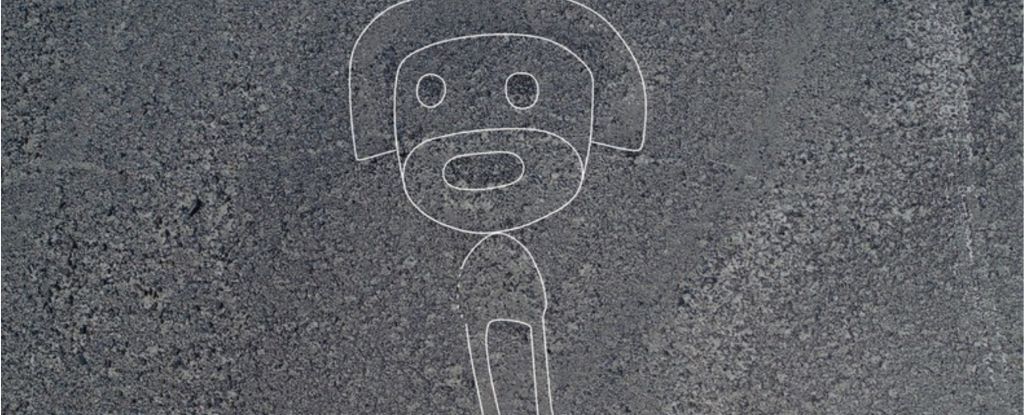
The Nazca desert in Peru is like an art gallery for the gods above. Yet even with decades of surveyance from the skies, we’ve barely explored a small wing of this fading collection of giants among the stones.
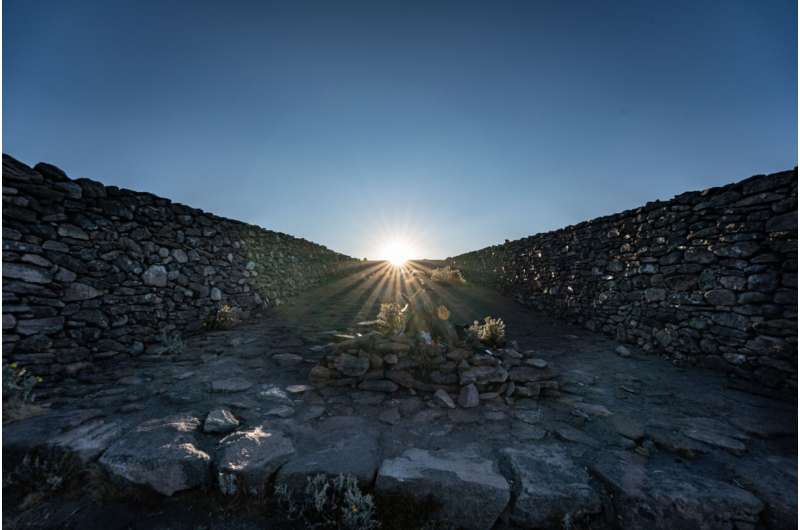
Without clocks or modern tools, ancient Mexicans watched the sun to maintain a farming calendar that precisely tracked seasons and even adjusted for leap years.
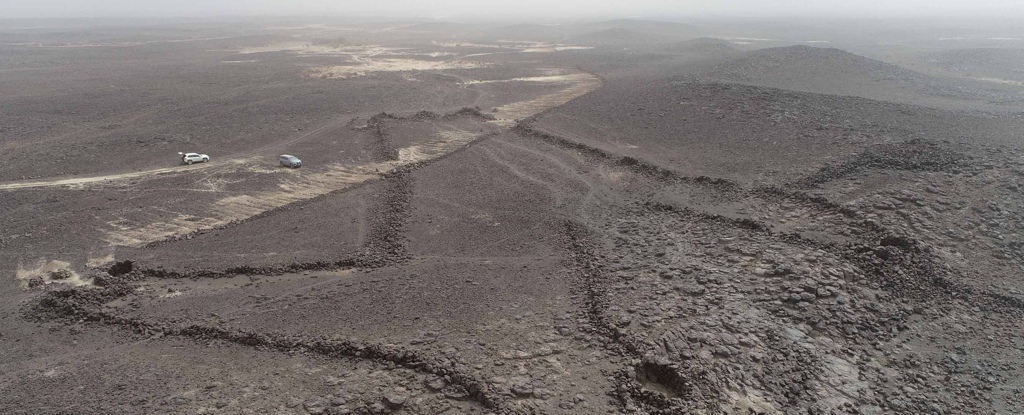
The deserts of Saudi Arabia were once the lush and fertile homes of ancient people more than 8,000 years ago.
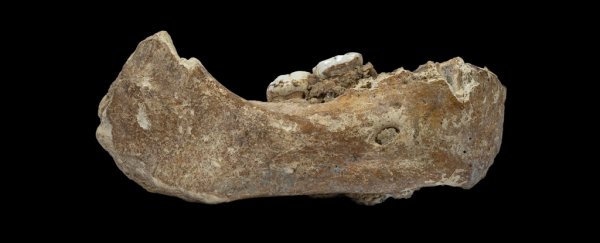
This is a new discovery we describe in a study published in PLOS Genetics today. It further suggests that our modern human diversity didn’t just evolve – some parts of it we got from other, extinct human groups.

A study of children with autism spectrum disorders in Israel reported significant improvements in their social communication abilities after six months of treatment with cannabidiol-rich cannabis oil… The study was published in Translational Psychiatry.
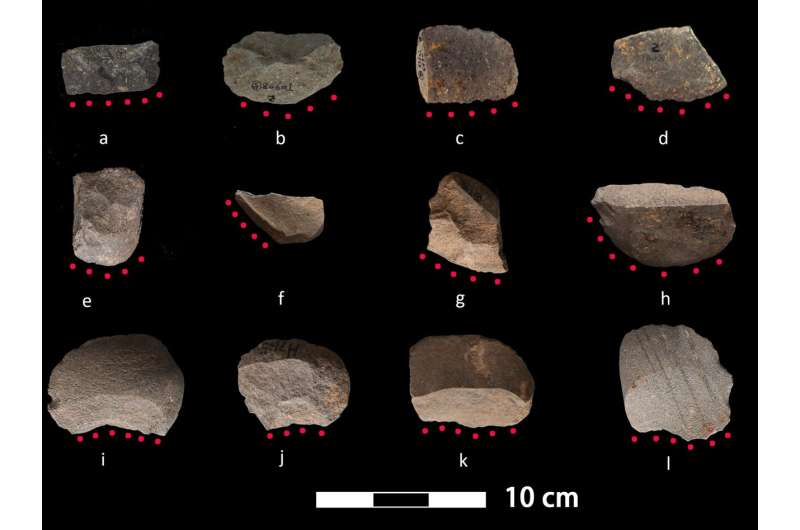
A new Dartmouth College-led study analyzing stone tools from southern China provides the earliest evidence of rice harvesting, dating to as early as 10,000 years ago








